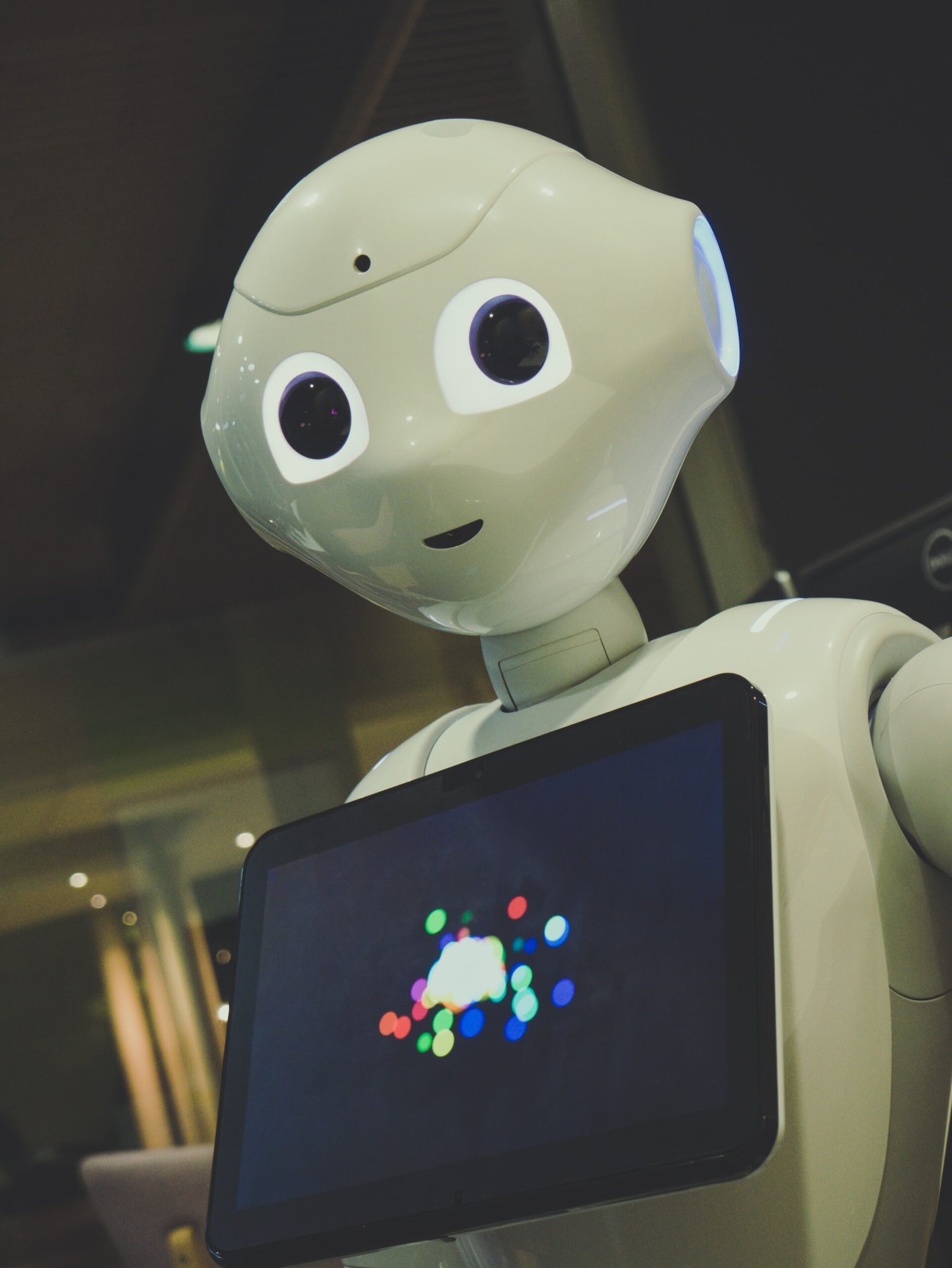Artificial Intelligence (AI) has become one of the most rapidly advancing technologies of the modern era. With its ability to mimic human intelligence and perform tasks that would typically require human intervention, AI is revolutionizing various industries and changing the way we live and work.
One of the key areas where AI is making a significant impact is in automation. AI-powered machines and robots are being used to streamline and optimize processes, resulting in increased efficiency and productivity. From manufacturing to customer service, AI is transforming industries by automating repetitive tasks and freeing up human resources to focus on more complex and creative work.
Another area where AI is proving to be a game changer is in healthcare. AI algorithms are being developed to analyze vast amounts of medical data and provide accurate diagnoses and treatment recommendations. This not only improves the speed and accuracy of medical diagnoses but also helps in identifying patterns and predicting outcomes, leading to better patient care.
AI is also revolutionizing the way we interact with technology. Voice assistants like Siri and Alexa use AI to understand and respond to natural language commands, making our interactions with technology more intuitive and seamless. AI-powered recommendation systems are also becoming increasingly common, providing personalized suggestions based on our preferences and behaviors.
However, with all its potential benefits, AI also raises ethical and societal concerns. The impact of AI on jobs and employment is a topic of debate, with concerns about job displacement and the need for re-skilling the workforce. Privacy and data security are also significant concerns, as AI systems rely on vast amounts of data to learn and make decisions.
As AI continues to evolve, it is crucial to strike a balance between harnessing its potential and addressing the ethical and societal implications. With the right approach, AI has the power to transform industries, improve lives, and shape the future in ways we never thought possible.
